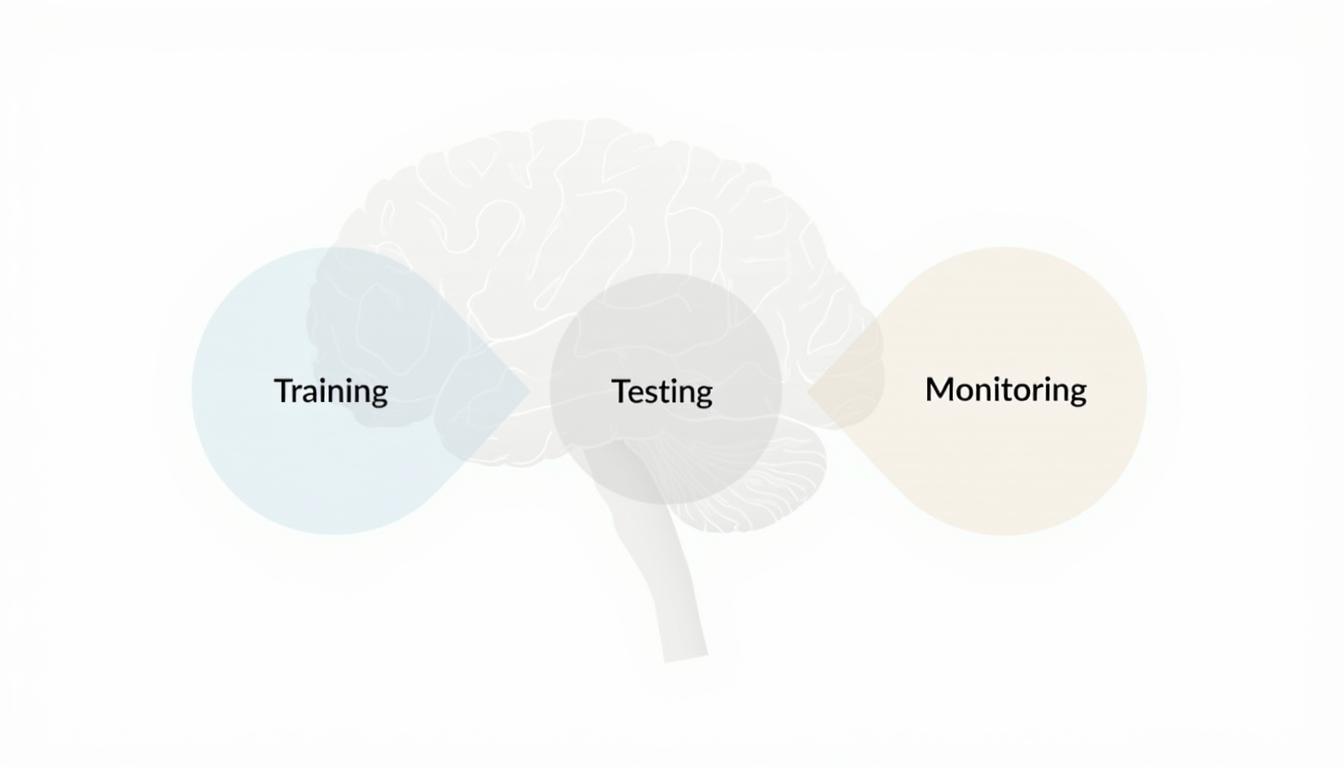Welcome to the Research and Strategy Services at in today's fast-paced.


Meditation, a practice with ancient roots, has gained immense popularity in recent years as a tool for improving mental well-being and promoting overall health. Beyond its psychological benefits, research in the field of neuroscience has revealed fascinating insights into the neurological effects of meditation. In this blog post, we will delve into the intersection of meditation and neuroscience, exploring how meditation practices influence brain structure and function.

One of the key concepts underlying the neuroscience of meditation is neuroplasticity. Neuroplasticity refers to the brain's ability to reorganize and form new neural connections throughout life in response to experiences. Studies have demonstrated that meditation can induce changes in brain structure and function, providing empirical evidence for the plasticity of the human brain.
Research using magnetic resonance imaging (MRI) has shown that long-term meditation practitioners exhibit increased gray matter density in certain regions of the brain associated with attention, emotion regulation, and self-awareness. For example, the prefrontal cortex, which is involved in executive functions and emotional regulation, has been found to have greater thickness in experienced meditators. These structural changes suggest that regular meditation practice can sculpt the brain in ways that enhance cognitive and emotional processes.

In addition to structural changes, meditation also influences brain function. Electroencephalography (EEG) studies have provided valuable insights into the electrical activity of the brain during meditation. Different meditation techniques, such as focused attention and open monitoring meditation, have been found to induce distinct patterns of brainwaves.
Focused attention meditation, which involves directing attention to a specific object or sensation, has been associated with increased activity in the gamma frequency range. Gamma waves are believed to be involved in cognitive processes such as attention, memory, and learning. On the other hand, open monitoring meditation, which involves non-reactive awareness of the present moment, has been linked to increased activity in the theta frequency range. Theta waves are associated with deep relaxation, creativity, and emotional processing.
Functional MRI (fMRI) studies have also revealed changes in functional connectivity between brain regions during meditation. These studies have shown increased connectivity between brain regions involved in attention and self-awareness, such as the anterior cingulate cortex and the default mode network. The default mode network is a network of brain regions that becomes active during rest and mind-wandering. Meditation appears to decrease the activity of this network, leading to a reduction in self-referential thinking and increased present-moment awareness.

The neurological effects of meditation have profound implications for our well-being and mental health. Research has demonstrated that regular meditation practice can lead to the following benefits.
Stress reduction: Meditation activates the parasympathetic nervous system, promoting relaxation and reducing the production of stress hormones like cortisol. This can help alleviate symptoms of anxiety and stress-related disorders.
Emotional regulation: By strengthening the prefrontal cortex and improving connectivity between brain regions involved in emotional processing, meditation can enhance emotional regulation and resilience, leading to improved mood and well-being.
Cognitive enhancement: The increased activity in gamma waves during focused attention meditation suggests improved attention, concentration, and cognitive performance. Meditation has also been associated with enhanced working memory and information processing speed.
Neurodegenerative diseases: Preliminary research indicates that meditation may have neuroprotective effects and could potentially slow down age-related cognitive decline. It shows promise as a complementary therapy for neurodegenerative diseases such as Alzheimer's and Parkinson's.
Overall, neuroscience offers compelling evidence of the transformative power of this ancient practice on the brain, through the effects on innate human neuroplasticity.






Welcome to the Research and Strategy Services at in today's fast-paced.

An evidence-based discussion of whether activities like crosswords and Sudoku meaningfully improve brain health, clarifying what they support, what they do not, and why benefits are often misunderstood.

Check out these excellent insights on the role of neuroscience in sports performance.

Learn about your brain's remarkable neuroplasticity.
.png)